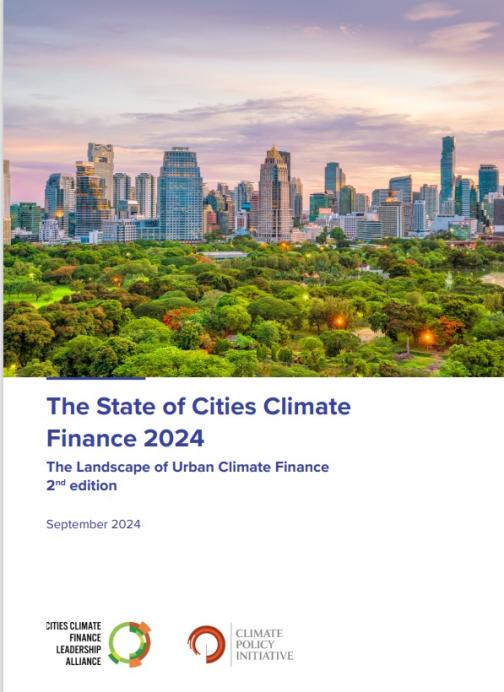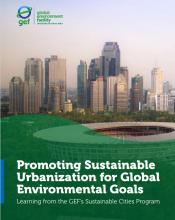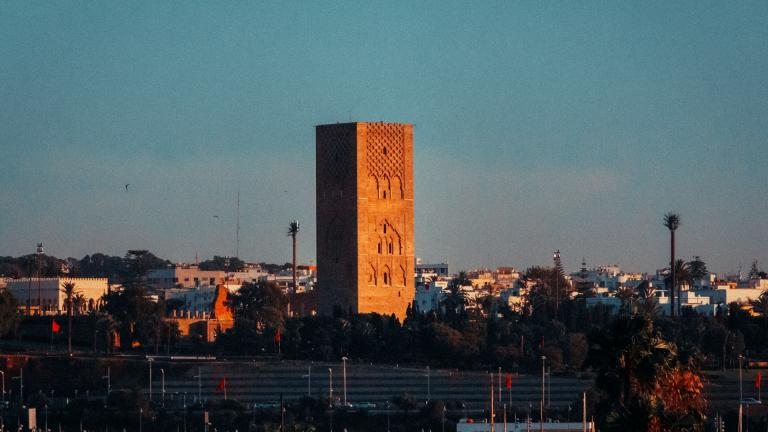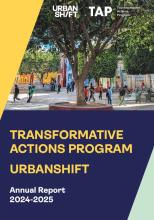
The State of Cities Climate Finance 2024
The 2024 State of Cities Climate Finance report (SCCFR) provides the most comprehensive assessment of urban climate flows and needs globally. It aims to inform action on mobilizing finance for city-level climate action at scale by 2030.
The 2024 State of Cities Climate Finance report (SCCFR) provides the most comprehensive assessment of urban climate flows and needs globally. It aims to inform action on mobilizing finance for city-level climate action at scale by 2030.
Cities are indispensable actors in the climate transition. Currently, 56% of the world’s population live in cities and 70% of people are expected to live in urban areas by 2050 (World Bank 2023a). Many urban areas, particularly in emerging markets and developing economies (EMDEs), are already facing frequent and intense extreme weather events such as floods, drought, and heat.
For cities to reach their full potential to support climate action, they need much more financial support. For mitigation alone, cities require an estimated USD 4.3 trillion annually from now until 2030, and over USD 6 trillion per year from 2031 to 2050. This report provides the first granular assessment of urban mitigation finance needs, disaggregated by sector and region.

UNEA-7 Cities and Regions Summit
Hosted in the lead-up to UNEA-7, this Summit will unite subnational leaders to strengthen collaboration and amplify the importance of cities.

Promoting Sustainable Urbanization for Global Environmental Goals: Learning from the GEF's Sustainable Cities Program
The GEF Sustainable Cities Program workshop highlighted that integrated planning, governance, finance, and nature-based solutions are essential for sustainable and resilient urban transformation.

Second National-Local Dialogue for Morocco: From Vision to Local Action, Advancing the Circular Economy
Building on the first National-Local Dialogue, this convening offered an opportunity to deepen discussions around localizing circular economy principles across the country.

Transformative Actions Program: UrbanShift Annual Report 2024-2025
The 2024–2025 TAP report shows progress in preparing cities for sustainable, finance-ready projects—mainly in biodiversity and mobility—though most still lack solid financial models and measurable impacts.
